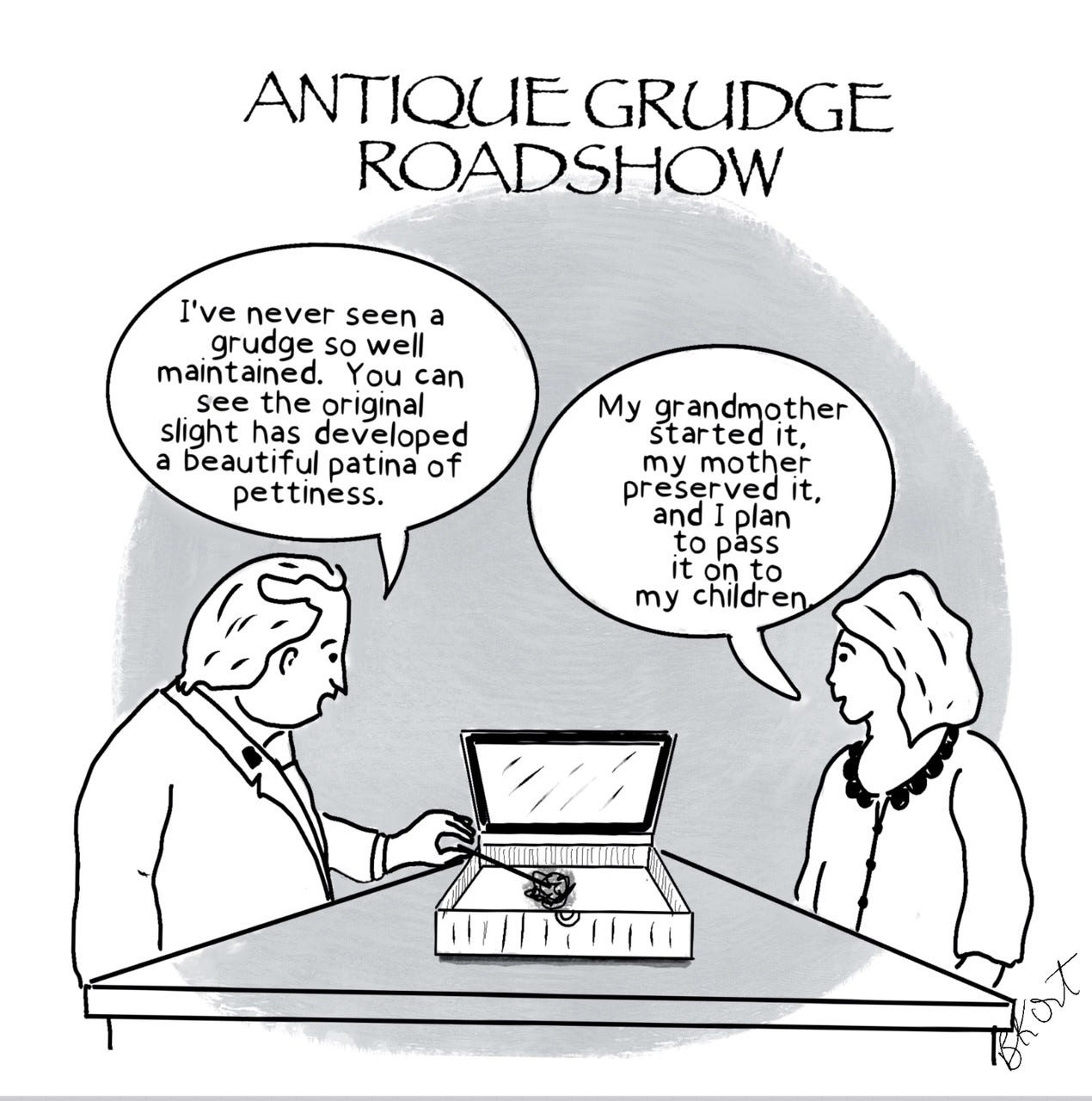Why satire works so well
Plus, do our lives really flash before our eyes?
BRAIN WAVES
A bite of the onion. Satirical shows like The Colbert Report make us laugh, but they also have a big influence on what we think of other people. A new study suggests that satire can be more damaging to a person’s reputation than direct criticism. In one experiment, volunteers watched satirical and critical videos of public figures (think Tom Brady or Mark Zuckerberg), then answered a few questions about what they’d seen. While people rated both videos as equally critical, the satire led to stronger reputational harm. In another experiment, the researchers used a meme about Gwyneth Paltrow and had similar findings. “Humor, laughter, and even criticism have positive benefits and serve important functions in society,” said lead researcher Hooria Jazaieri, though she also cautioned about the potential of satire to dehumanize the person it targets. “Hopefully, when someone is a target of satire, we will notice if we are engaging in some kind of dehumanization or assumptions that may not be true.”
In a flash. What happens when we die? Researchers accidentally recorded the brain activity of an 87-year-old man at the moment of his death, revealing patterns that seemed to be associated with memory recall, dreaming, and meditation. The man was having a routine brain scan for epilepsy when he had a fatal heart attack. That’s when scientists observed a surge of gamma waves — linked to memory retrieval — in the 30 seconds before and after his heart stopped. This finding suggests that there might be something to the phenomenon of a person’s life flashing before their eyes, and similar findings in rats suggest this could be a universal experience among mammals. “Although our loved ones have their eyes closed and are ready to leave us to rest, their brains may be replaying some of the nicest moments they experienced in their lives,” said lead researcher Dr. Ajmal Zemmar. It's a fascinating observation, but it’s also worth noting that this is a single case, and the researchers themselves cautioned against coming to definitive conclusions.
Call of the wild. If you live in a big city, you may have noticed new buildings popping up — a high-rise here, a skyscraper there. The concrete jungles that we’ve built over the past century have allowed millions of us to live in close proximity, and modern economies to flourish. But what have we given up by moving away from the forest environments in which humans first evolved? Listen to learn more.
ON THE HIDDEN BRAIN PODCAST
The Conversations that Bring Us Closer: We talk with Alison Wood Brooks about what makes difficult conversations difficult, and a series of psychological techniques to help you navigate them.
ON THE MY UNSUNG HERO PODCAST
Caitlin Shetterly’s Story: Years ago, on a flight home, Caitlin and the man next to her started chatting. She told him that ever since the 9/11 attacks, she had been nervous to fly. Then the man leaned over and told her something she still tells her children today.
Don’t forget to send us the story of your unsung hero! Record a voice memo on your phone and email it to myunsunghero@hiddenbrain.org.
MIND GAMES
What do the letter "t" and an island have in common?
LAST WEEK’S PUZZLE
What goes up, but does not come down?
Answer: age
A MOMENT OF JOY
This cartoon from a listener, based on our episode with Fred Luskin about the psychology of grudges.
Beverley Kort is a cartoonist and psychologist in Vancouver. We’re delighted that Hidden Brain inspired this cartoon, Beverley; thanks for sharing it with us!
Have an idea for Hidden Brain? A story you want to share with us? Send an email to ideas@hiddenbrain.org. Listen to us on Spotify, Apple, Amazon Music or your favorite podcast platform.



